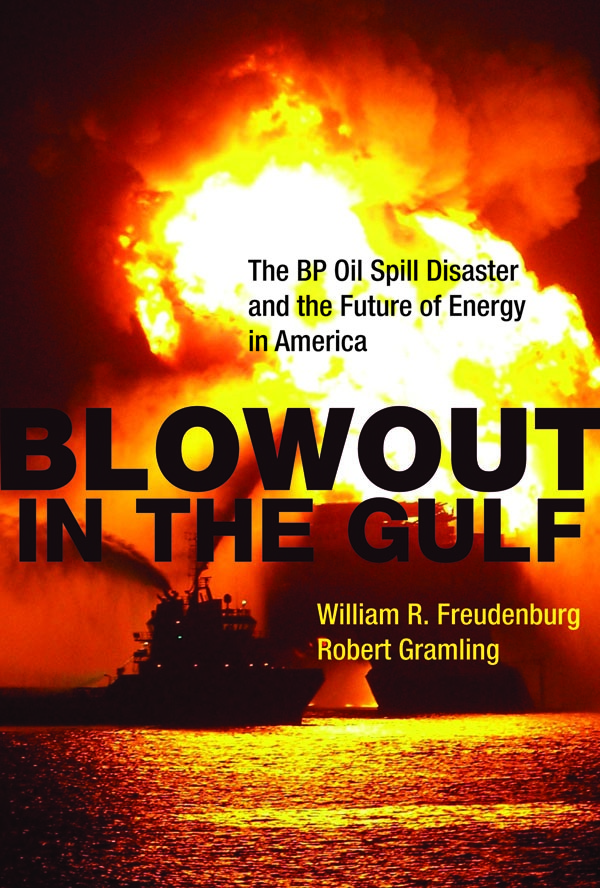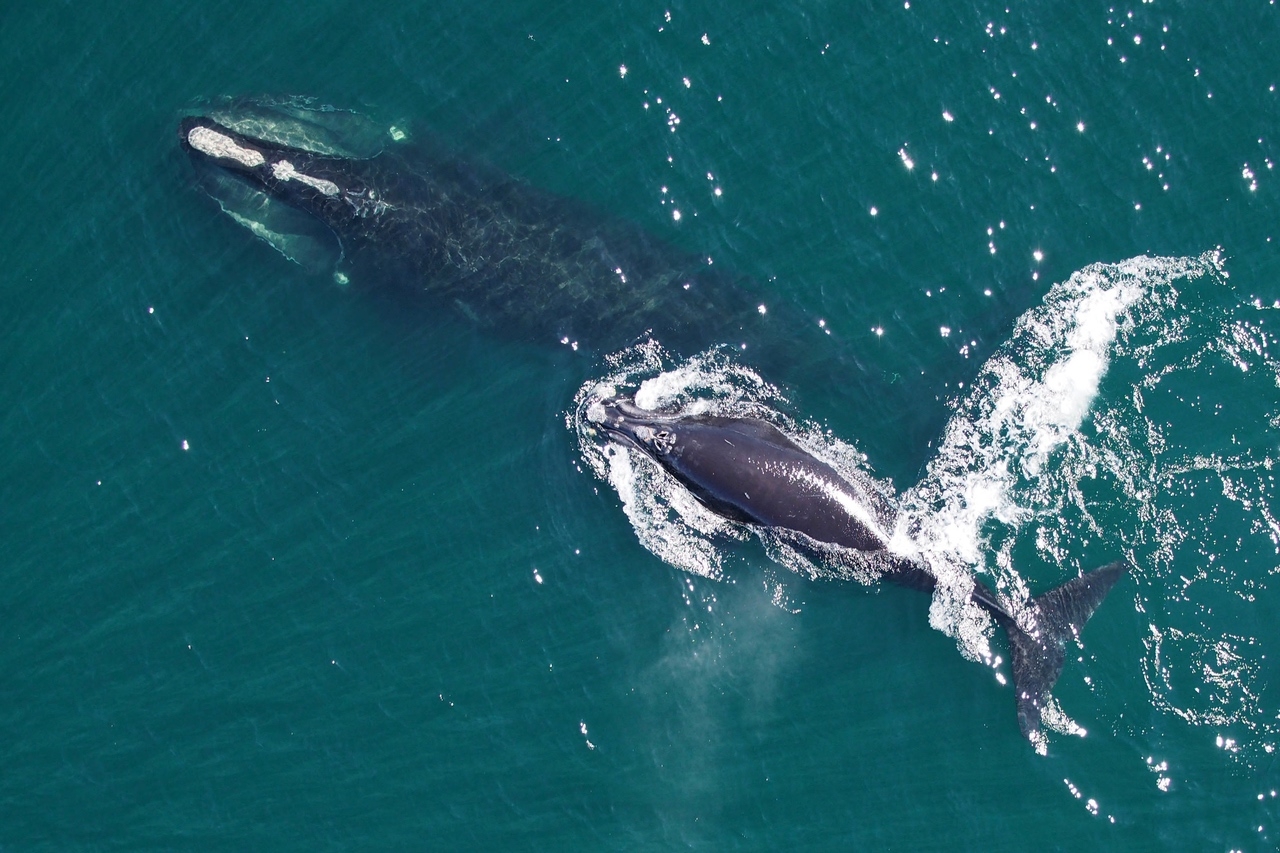
New Book by UCSB Environmental Studies Scholar Examines the Gulf Oil Spill and U.S. Energy Policies

On April 22, 2010 –– Earth Day –– the gigantic drilling rig Deepwater Horizon sank in the Gulf of Mexico, some 40 miles off the Louisiana coast. The rig went down two days after an explosion took the lives of 11 crewmembers, starting the worst offshore oil disaster in history.
In a new book, titled "Blowout in the Gulf –– The BP Oil Spill Disaster and the Future of Energy in America" (The MIT Press, 2010), authors William Freudenburg, Dehlsen Professor of Environmental Studies at UC Santa Barbara, and Robert Gramling, professor of sociology at the University of Louisiana at Lafayette, examine the disaster itself, as well as the decisions and policies that led up to it.
The book, currently a Publisher's Weekly Pick of the Week, also takes a look at factors that made the Deepwater Horizon explosion and subsequent oil spill a disaster waiting to happen. "It has to do with an atrophy of vigilance," explained Freudenburg. "When things go according to plan time after time, we stop paying attention to the risks involved. We've had several years of safe operations in relatively shallow drilling offshore in U.S. waters. Each time a well goes in safely, there's a temptation to cut corners –– as BP did. Do it often enough, though, and eventually there's going to be a disaster."
As another example, he cited the Exxon Valdez, an oil tanker that struck a reef in Prince William Sound in 1989. "By the time of that accident, oil tankers had been shipping oil out of that harbor for a decade" he said. "But after thousands of trips, people didn't worry about it anymore. And that's where the atrophy of vigilance predicts a crisis."
In addition to highlighting the oil spill and the risks BP, Halliburton, and Transocean took with the goal of increasing their companies' profit margins, the book also shines a light on the poor job the federal government has done –– particularly in the last decade –– in regulating the oil industry and managing the country's energy resources.
"We've gotten in deep water, not just in terms of drilling, but of energy policy," Freudenburg said. He cited a study done by the Congressional Budget Office in 2005 showing that, on average, the oil and gas industry is paying an income tax rate of about 9 percent. The average business pays something on the order of 27 percent.
The oil companies also pay less to the actual owners of the oil –– American taxpayers –– than they would need to pay in almost any other country in the world. "BP was paying a royalty rate of about 40 percent for that oil," Freudenburg continued. "Norway charges almost twice that much –– about 75 percent. The oil companies would have to pay 80 percent or more in Vietnam or Tunisia, or for that matter, in Kazakstan or Brunei," he said.
Freudenberg added that he hopes the oil spill in the Gulf of Mexico will serve as a wake-up call, focusing attention on the oil industry and the poor job the federal government has done in regulating it. "For the future, our emphasis needs to be on true prevention, and our risk-management policies need to be based on better understandings of humans as well as hardware."
Freudenburg will give a public lecture next month on the BP oil spill disaster and the future of energy in America. The tentative date is November 15. The talk will take place at 5 p.m. on campus in Broida Hall 1910. Additional details are available on the environmental studies department Web site at www.es.ucsb.edu.
Related Links



